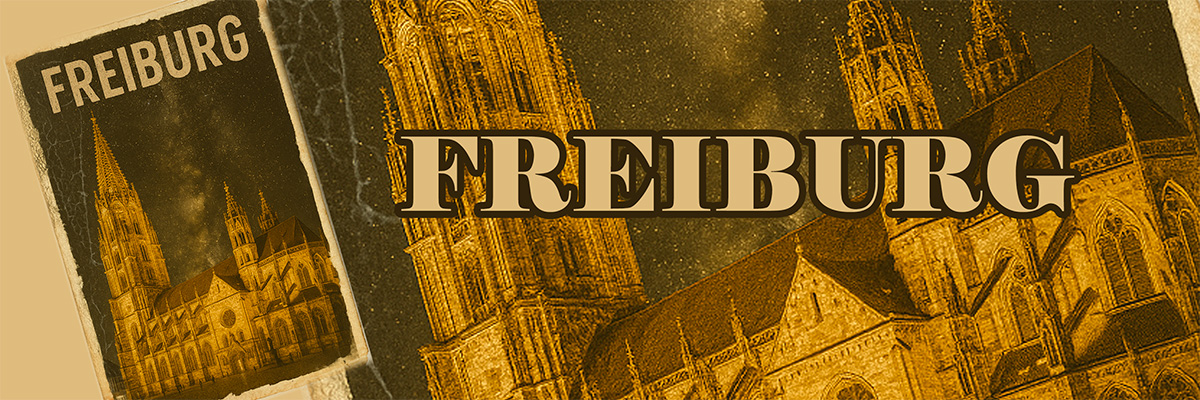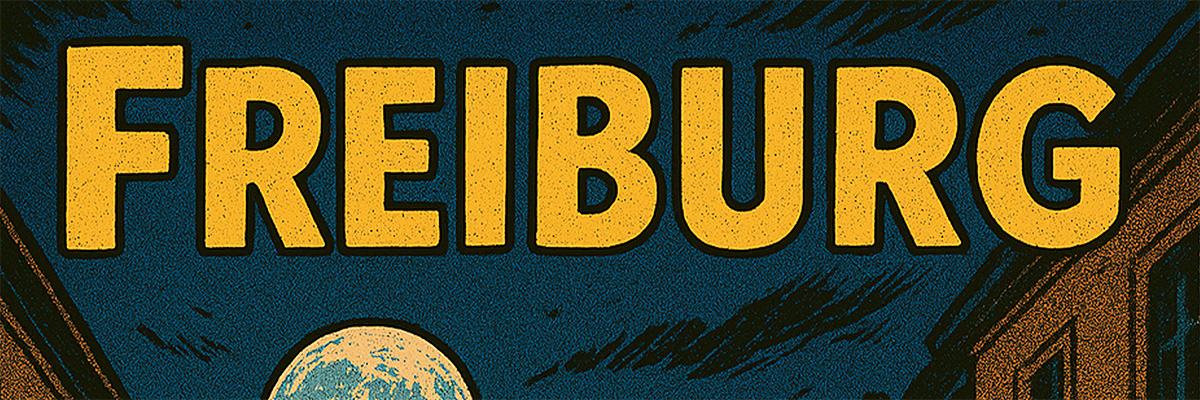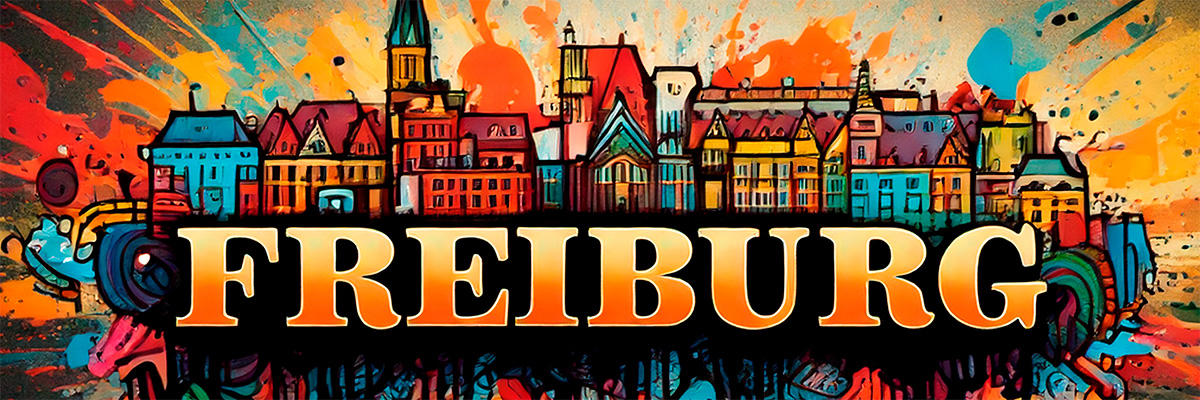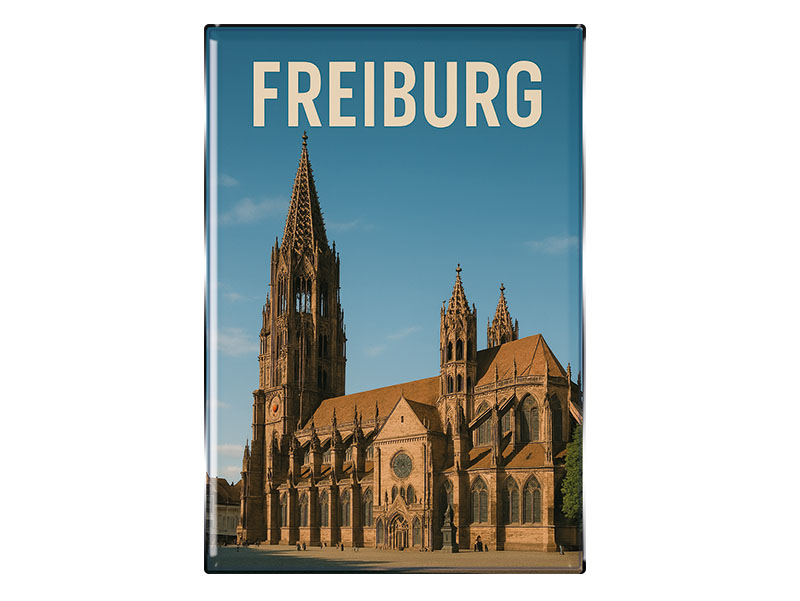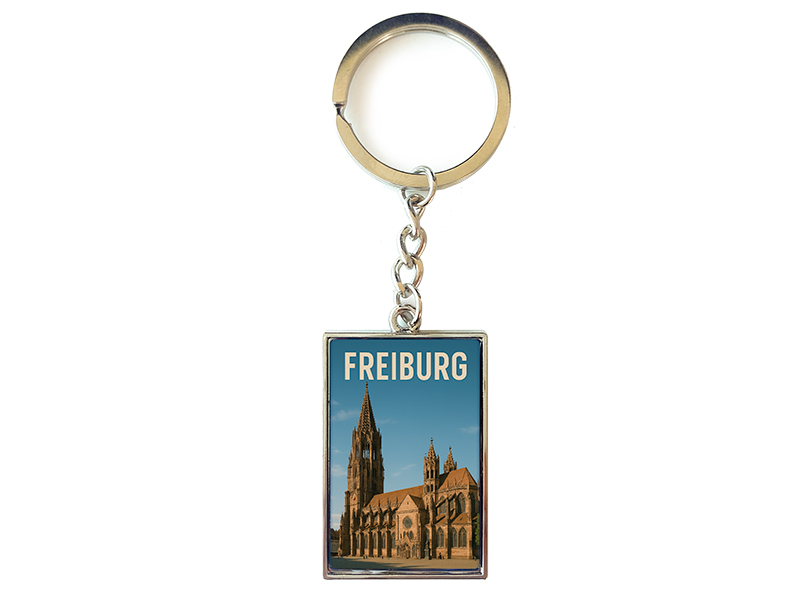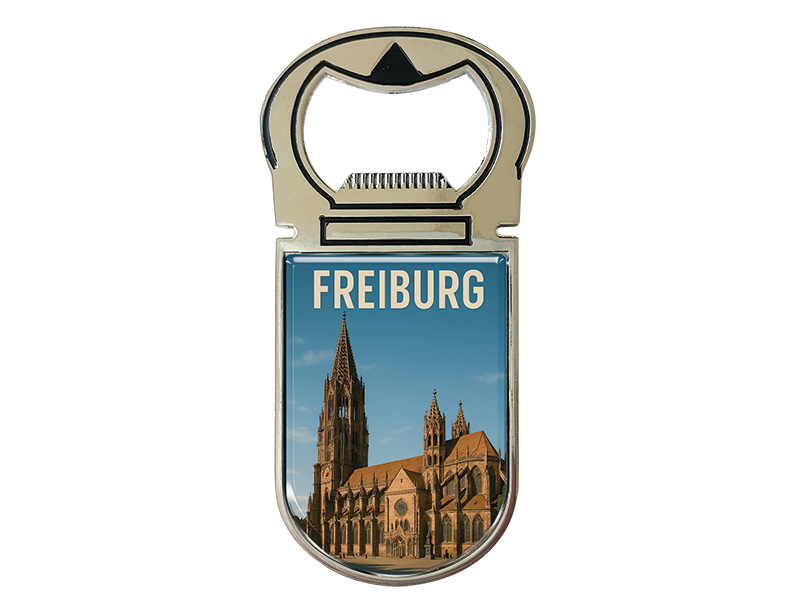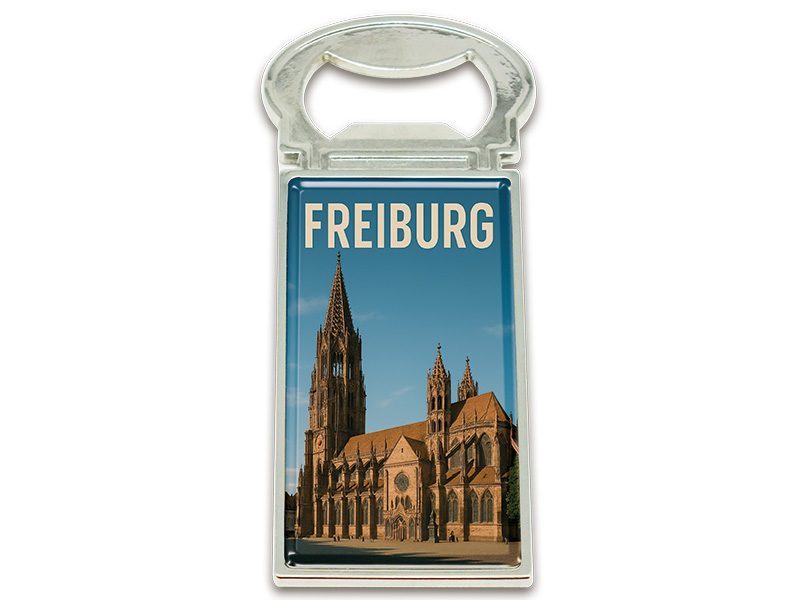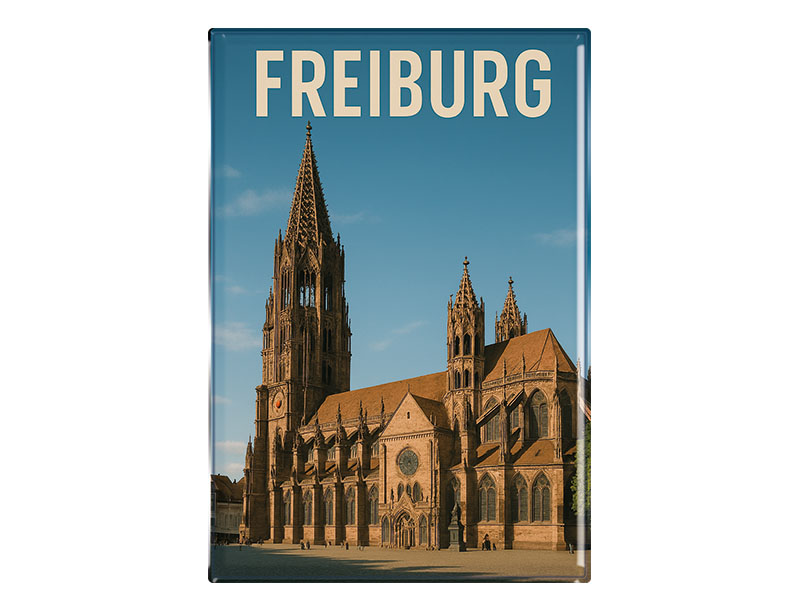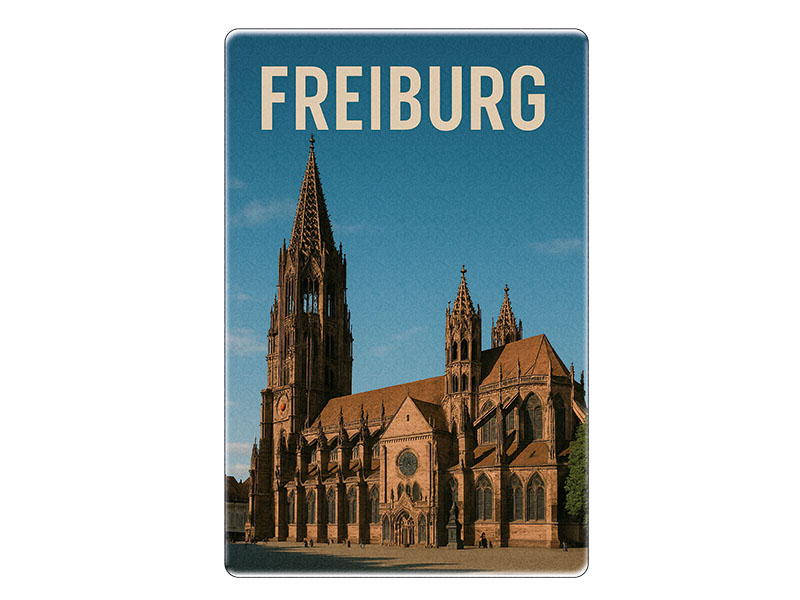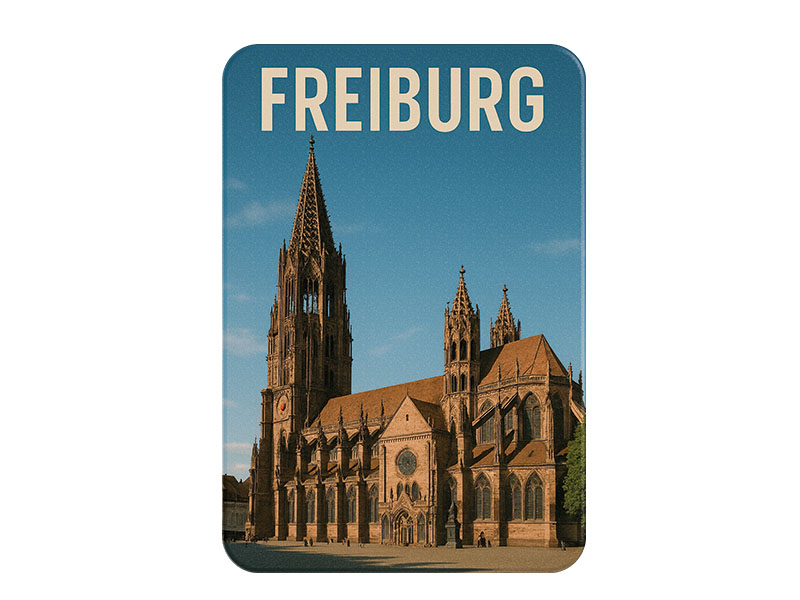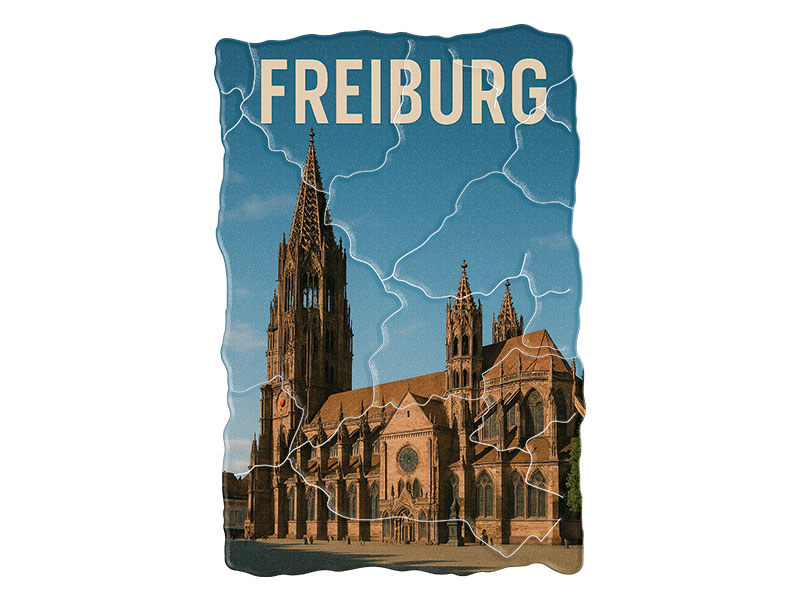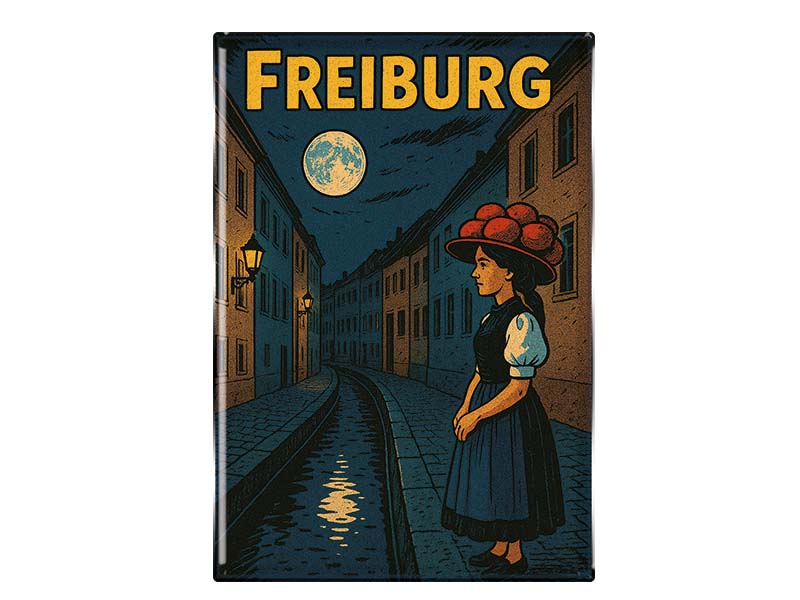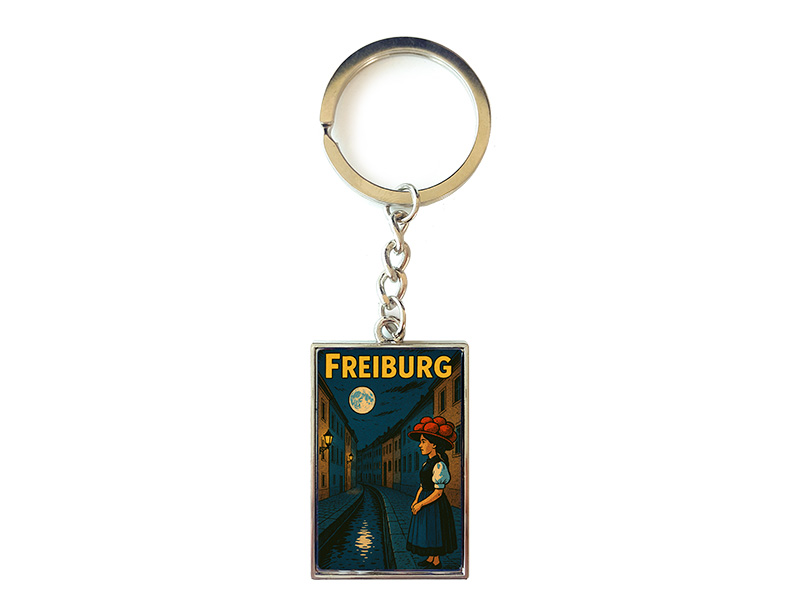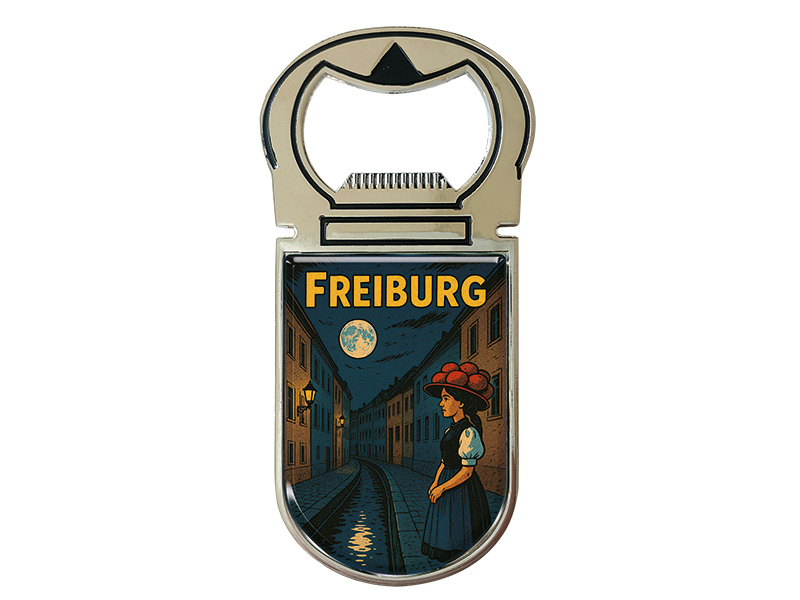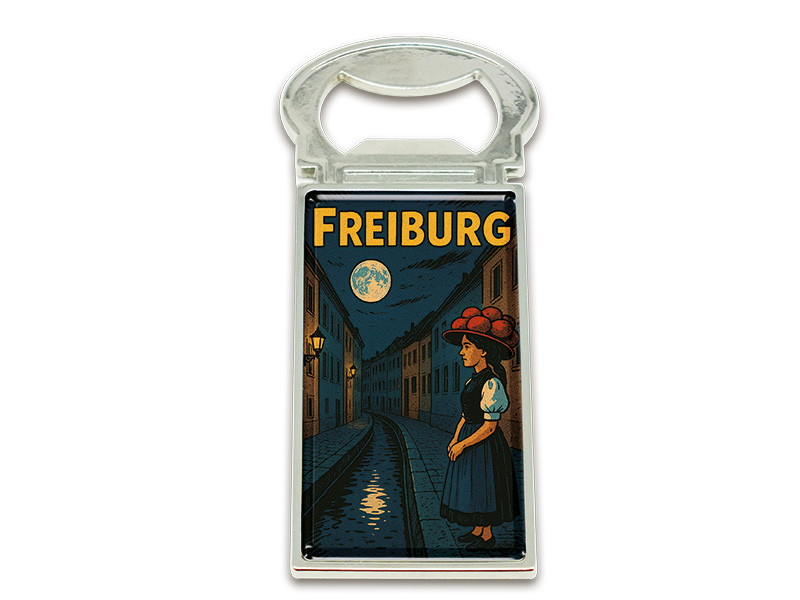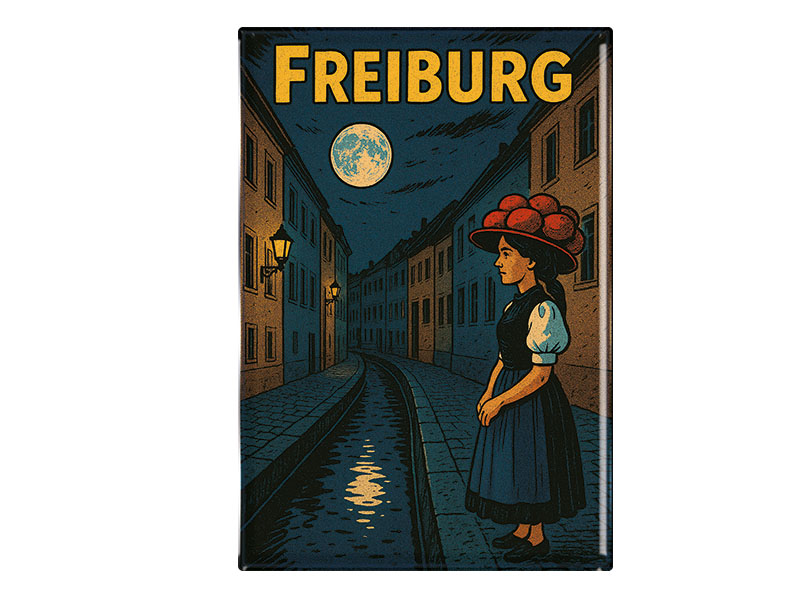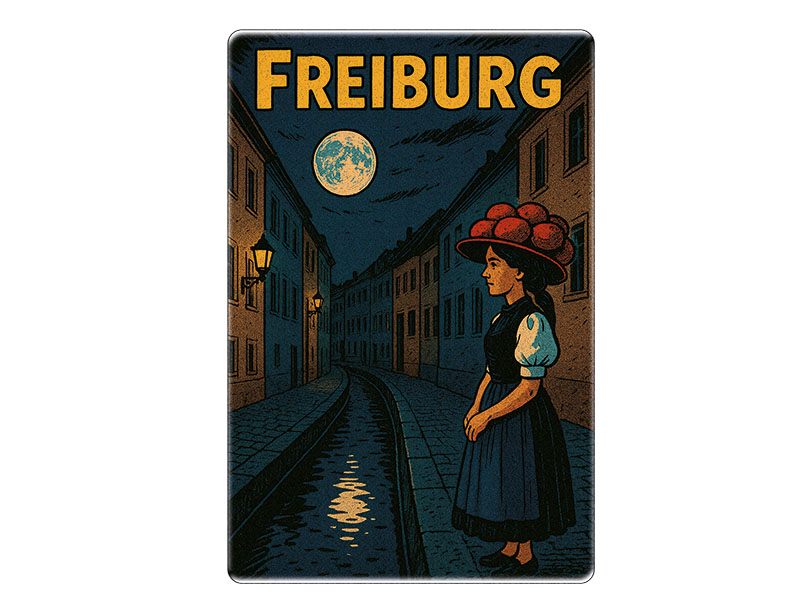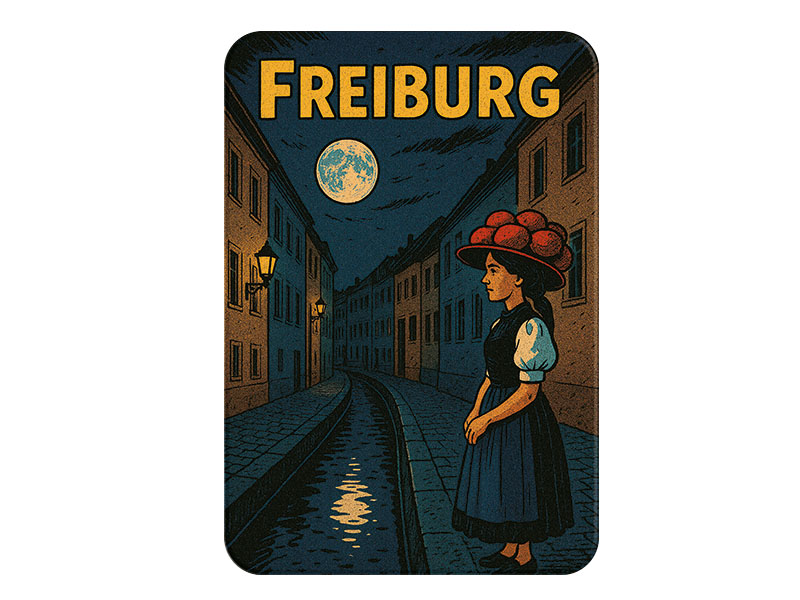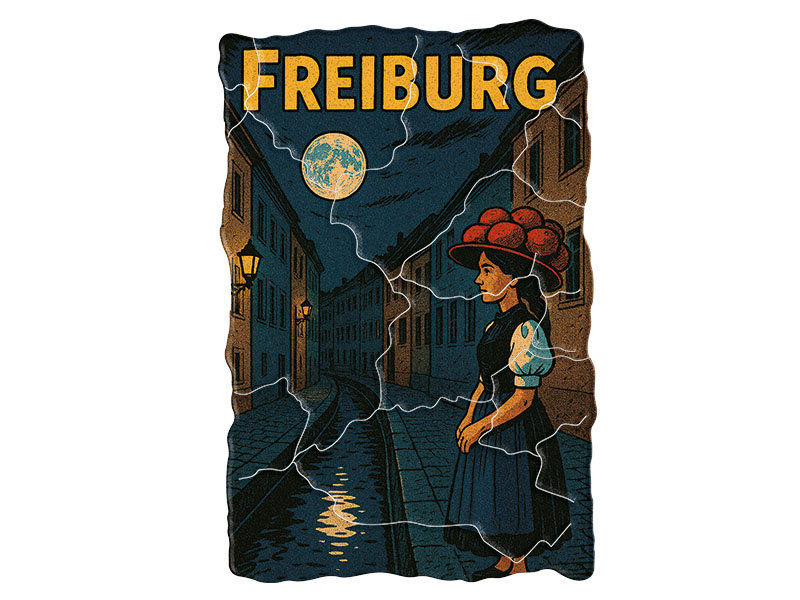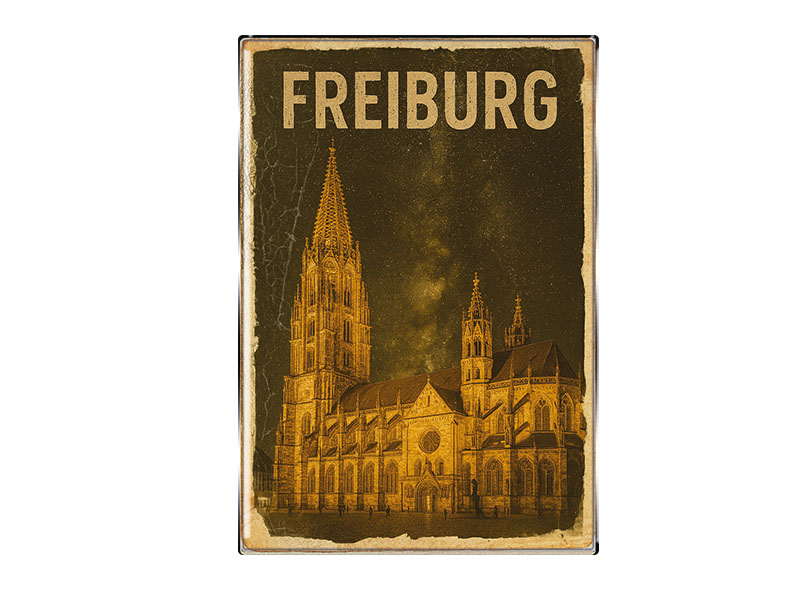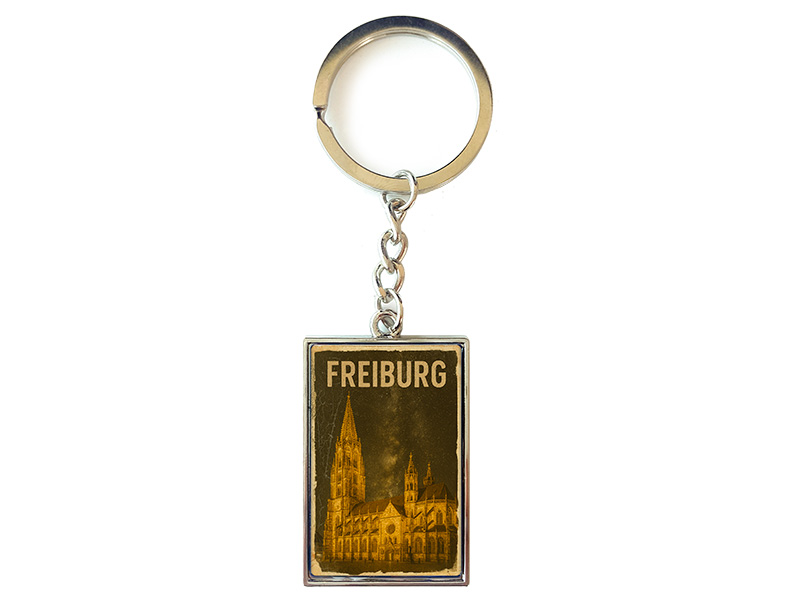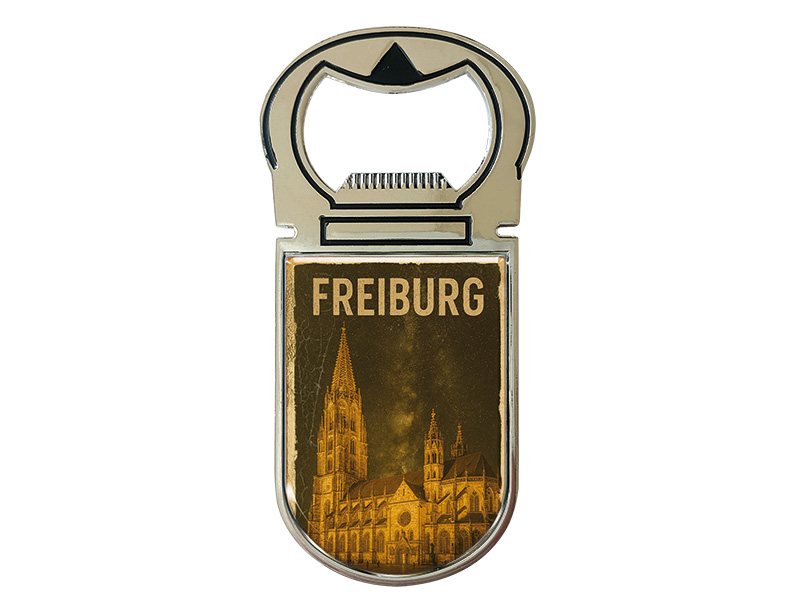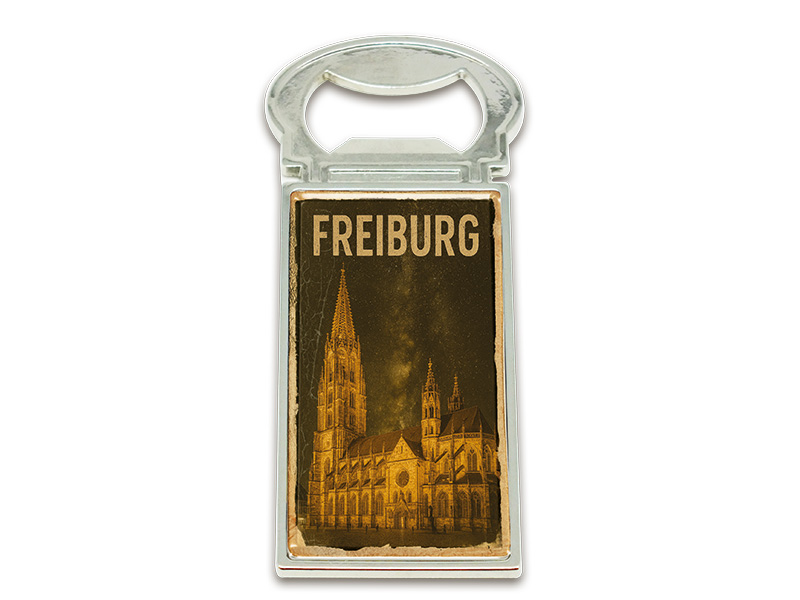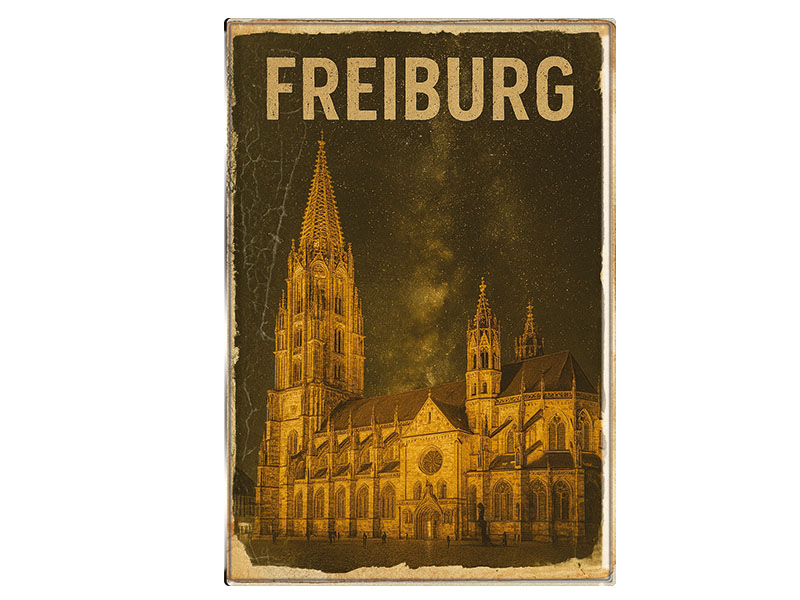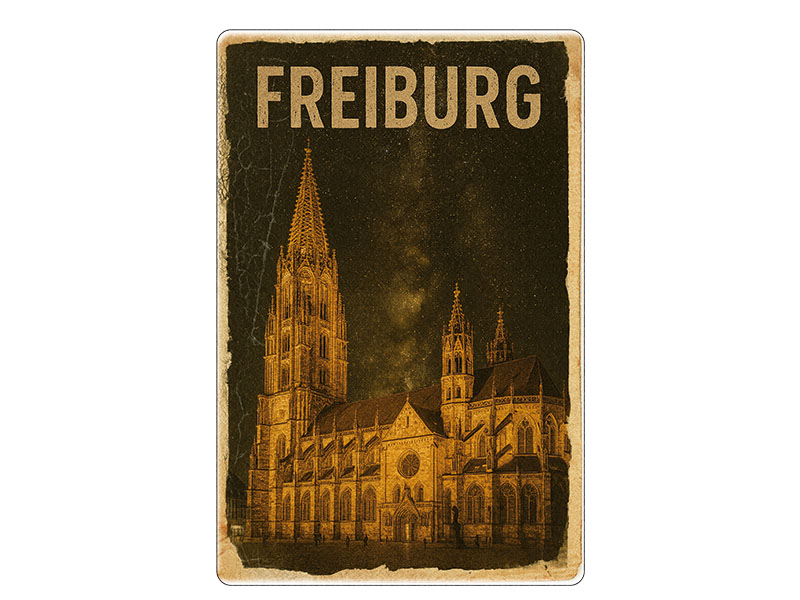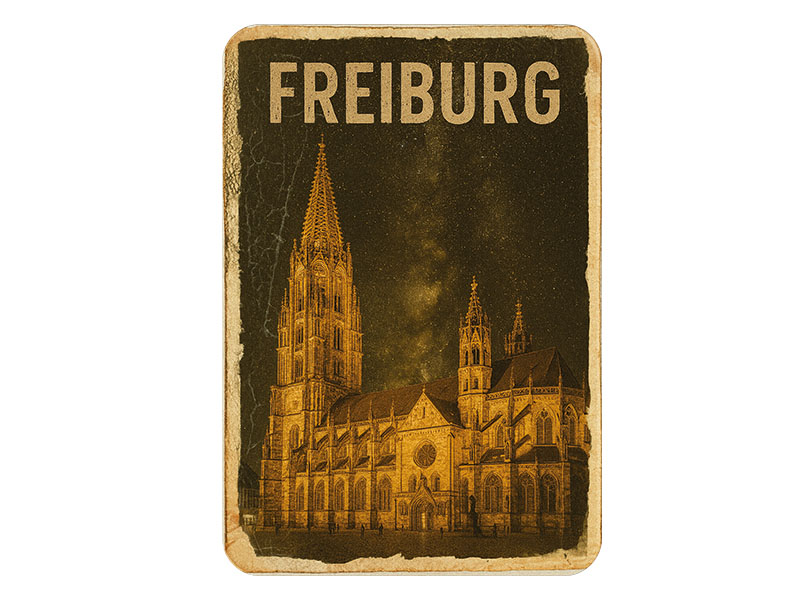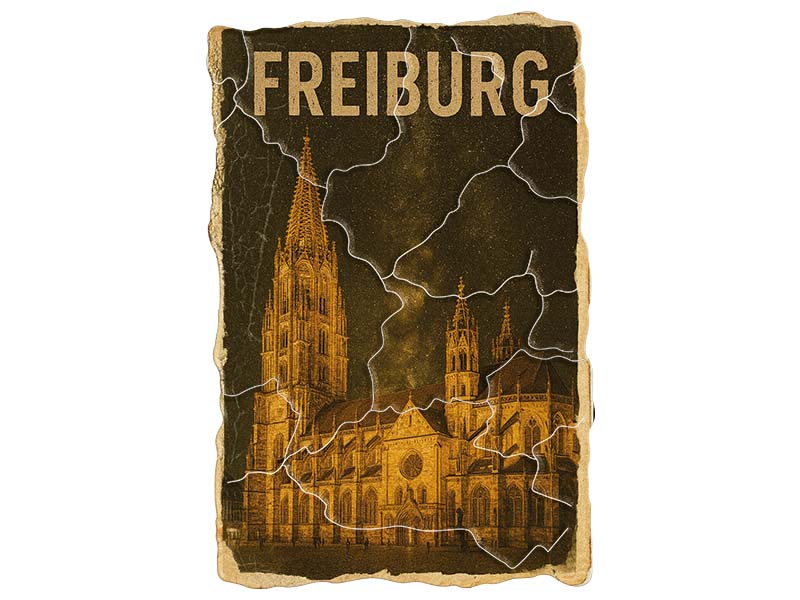- Vehicles
- Figures
- Witches
- Carnival
- Canvas
- Magnets
- Materials
- Maritime
- Hats
- New products
- Personalize
- Plush
- Dolls
- Collectible figures
- Keychain
- Special production
- %Special offers%
- Money boxes
-
Cities - Regions
- Bad Säckingen
- Bamberg
- Bayerischer Wald
- Berchtesgaden
- Berlin
- Bodensee
- Bremen
- Brocken
- Chiemsee
- Cochem
- Dinkelsbühl
- Dresden
- Eibsee
- Frankfurt
-
Freiburg
- Gardasee
- Garmisch-Partenkirchen
- Hamburg
- Harz
- Heidelberg
- Helgoland
- Insel Mainau
- Kleinwalsertal
- Koblenz
- Köln
- Königssee
- Leipzig
- Lübeck
- Mecklenburgische Seenplatte
- München
- Nürnberg
- Oberammergau
- Oberstdorf
- Rügen
- Wernigerode
- Quedlinburg
- Sylt
- Schwarzwald
- Titisee
- Passau
- Regensburg
- Rothenburg
- Traunsee
- Triberg
- Stuttgart
- Ulm
- Potsdam
- Bags/Backpacks
- Mugs
- Textile
- Animal
- Subjects
More information? sign in.
More information? sign in.
More information? sign in.
More information? sign in.
More information? sign in.
More information? sign in.
More information? sign in.
More information? sign in.
More information? sign in.
More information? sign in.
More information? sign in.
More information? sign in.
More information? sign in.
More information? sign in.
More information? sign in.
Freiburg im Breisgau – Germany’s Sunniest City
Freiburg im Breisgau, often simply called Freiburg, is a historic university city in the southwest of Germany. Known as one of the most liveable cities in the country, Freiburg enchants visitors with its medieval old town, environmental consciousness, proximity to the Black Forest, and its mild, sunny climate. With a vibrant cultural scene, numerous landmarks, and regional culinary delights, Freiburg attracts hundreds of thousands of tourists every year.
History and Origins
Freiburg’s roots go back to the early Middle Ages. The city was officially founded in 1120 by Duke Konrad of Zähringen, who established it as a market town. The name “Freiburg” derives from the Old High German word frīburg, meaning "free town," referring to the market and civic freedoms granted to its citizens.
After the Zähringen dynasty ended in 1218, the city came under the control of the Counts of Urach and later the Habsburgs. For many centuries, Freiburg was part of the Austrian territories in the Holy Roman Empire until it became part of the Grand Duchy of Baden in 1805 due to Napoleonic reorganization.
Freiburg suffered major destruction during World War II, especially during a heavy air raid in 1944 that devastated much of the old town. However, the city was lovingly rebuilt following the original medieval plans, preserving its historic charm.
Today, Freiburg stands as a symbol of sustainability, science, and high quality of life—thanks in part to the renowned Albert Ludwig University, founded in 1457.
Population and Demographics
Freiburg is home to about 235,000 residents (as of 2025), and its population continues to grow. One of the city's defining features is its youthful energy, with over 30,000 university students giving the city a dynamic and creative flair.
Freiburg is a multicultural, open-minded city with a strong sense of community. It's widely recognized as Germany’s greenest city, both in terms of environmental policy and political orientation.
Location and Federal State
Freiburg is located in the southwestern corner of Germany, in the federal state of Baden-Württemberg. Nestled at the foot of the Black Forest, the city is close to the borders with France (Alsace) and Switzerland. Its location makes it an ideal starting point for day trips into the Black Forest, the Vosges Mountains, the Rhine Valley, or even the nearby Alps.
Freiburg’s climate is famously mild and sunny, with over 1,700 hours of sunshine per year, making it Germany’s sunniest city.
Tourist Attractions
Freiburg attracts more than 3 million visitors annually, drawn by its historical charm, cultural offerings, and natural beauty. Some of the most popular attractions include:
1. Freiburg Minster (Freiburger Münster)
This stunning Gothic cathedral is Freiburg’s most iconic landmark. Construction began in 1200, and its elegant 116-meter spire is often regarded as one of the most beautiful in all of Christianity.
2. Historical Merchants’ Hall (Historisches Kaufhaus)
Located on the Münsterplatz, this vibrant red Renaissance building dates back to the 16th century and once served as a key trading hub. Today, it’s used for exhibitions and events.
3. The Bächle and Narrow Lanes (Gässle)
Freiburg is known for its “Bächle”—small open water channels that run through the old town’s cobblestone streets. Originally used for fire protection and cooling, they now add charm to the cityscape. Legend has it that anyone who accidentally steps into a Bächle will marry a Freiburger!
4. Augustinermuseum
This museum of art and history is located in a former monastery and houses an impressive collection ranging from medieval sculpture to Baroque paintings and modern works.
5. Schlossberg Hill
For breathtaking panoramic views of the city and surrounding mountains, visitors hike or take a funicular up the Schlossberg, once a fortress and now a green retreat.
6. Seepark and Botanical Garden
Green spaces like the Seepark and the University’s Botanical Garden are beloved spots for picnics, walks, and quiet relaxation—especially among students and families.
Typical Food and Drinks
Freiburg’s cuisine is a delightful blend of Baden, Alsatian, and Swiss influences—hearty yet refined.
Typical dishes include:
-
Badischer Zwiebelkuchen (onion tart) served with Federweißer (young fermented wine)
-
Schäufele (smoked pork shoulder) with potato salad
-
Flammkuchen (Alsatian-style flatbread with bacon and onions)
-
Badische Schneckensuppe (snail soup, a regional delicacy)
-
Maultaschen (stuffed pasta, similar to ravioli)
Popular local drinks:
-
Baden wines, especially Spätburgunder (Pinot Noir) and Grauburgunder (Pinot Gris), grown in the nearby Kaiserstuhl region
-
Ganter beer, brewed in Freiburg since 1865
-
Fruit brandies and schnapps from local distilleries, especially cherry or pear varieties
Freiburg also boasts a rich selection of vegetarian and vegan offerings—reflecting its eco-conscious and health-oriented population.
Typical Souvenirs
Visitors looking for a memorable keepsake can find a wide range of unique Freiburg souvenirs:
-
Miniature Bächle models made from wood or ceramic
-
Replicas of the Freiburg Minster crafted in stone or glass
-
Baden wines or local spirits from the Kaiserstuhl or Markgräflerland
-
Local gourmet products, such as honey, jams, sausages, or artisanal mustard
-
Freiburg postcards, sun-themed mugs, or T-shirts
-
Products featuring the “Freiburger Füchsle”, the city's fox mascot
Many local craft shops also offer handmade soap, pottery, and wood carvings made from sustainable materials.
Famous People from Freiburg
Freiburg has been home to many prominent figures in science, philosophy, politics, and the arts:
-
Edmund Husserl (1859–1938) – Founder of phenomenology and professor in Freiburg
-
Martin Heidegger (1889–1976) – Influential German philosopher who also taught here
-
Hans-Peter Dürr (1929–2014) – Renowned physicist and environmentalist
-
Jörg Wontorra – Popular German sports journalist, born in Freiburg
-
Max Simonischek – Acclaimed stage and film actor
-
Max Giesinger – German pop singer and songwriter, raised in the region
In addition, many notable personalities have studied or lived in Freiburg, including theologian Hans Küng, politician Wolfgang Schäuble, and Paralympic champion Verena Bentele.
Tourism and Sustainability
Freiburg is a model for sustainable urban development, known worldwide for its eco-initiatives. The Vauban district, for example, is celebrated internationally for its car-free zones, solar-powered homes, green roofs, and inclusive community planning.
Thanks to its forward-thinking policies, Freiburg has earned global recognition as a “Green City” and has been showcased at several UN climate conferences.
The city is extremely bike-friendly, with a dense network of cycling paths and public transportation options. These features, combined with its beautiful setting and welcoming atmosphere, make Freiburg a favorite among environmentally conscious travelers.
Conclusion
Freiburg im Breisgau is a city full of charm, history, and vision. Its unique combination of medieval architecture, modern sustainability, Baden hospitality, and cultural vibrancy makes it one of Germany’s most captivating destinations. Whether you’re enjoying a glass of local wine, walking the cobbled streets of the old town, or gazing across the Black Forest from a hilltop terrace—Freiburg offers an unforgettable experience and a glimpse into the future of urban living.

